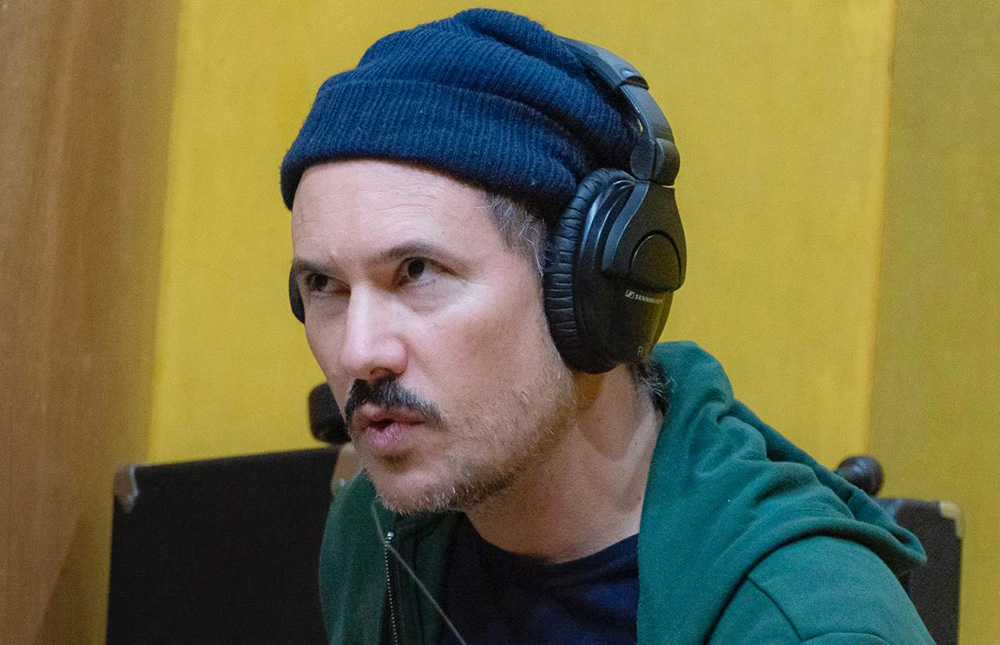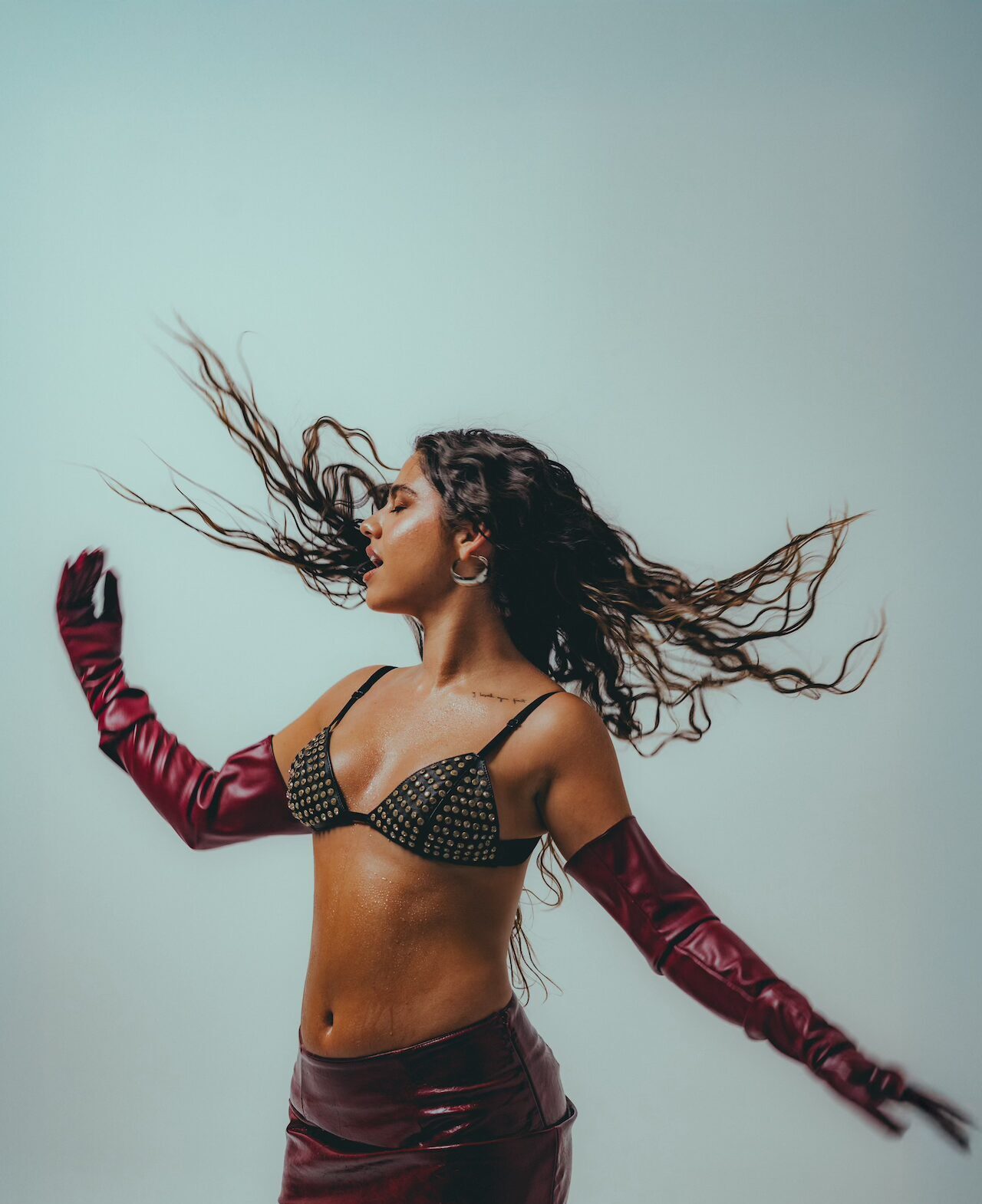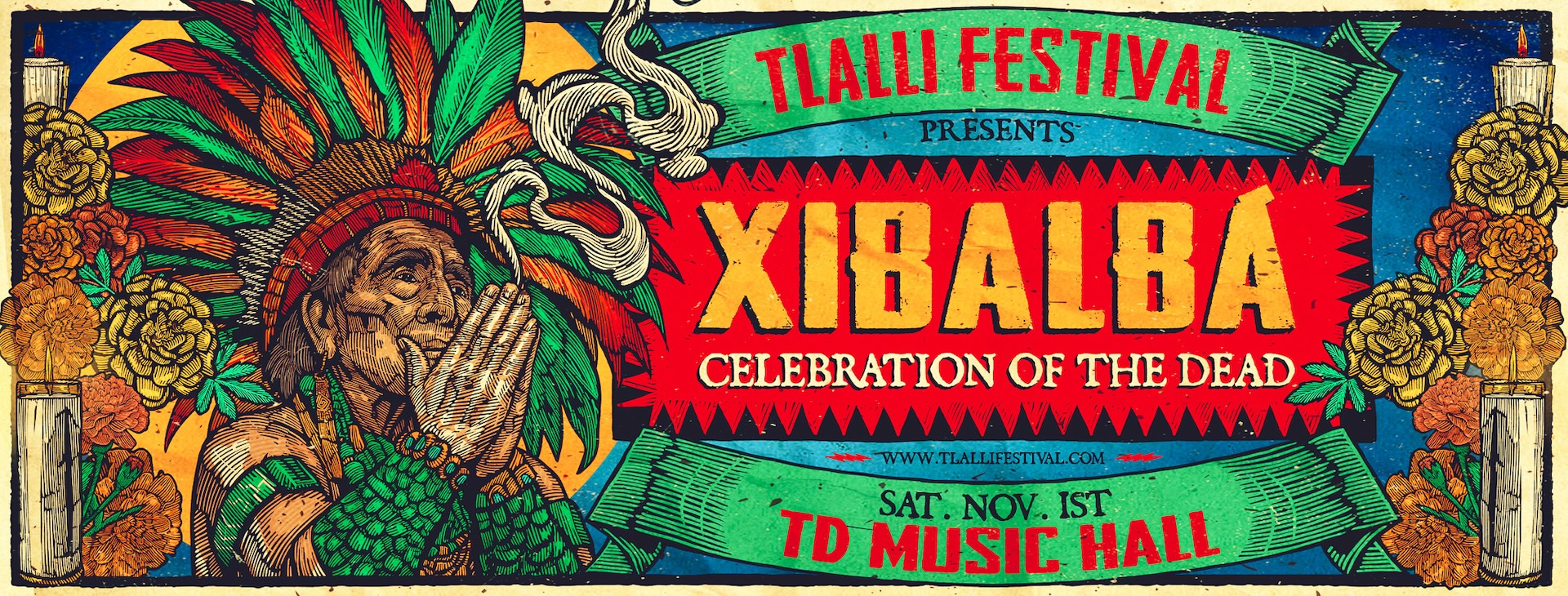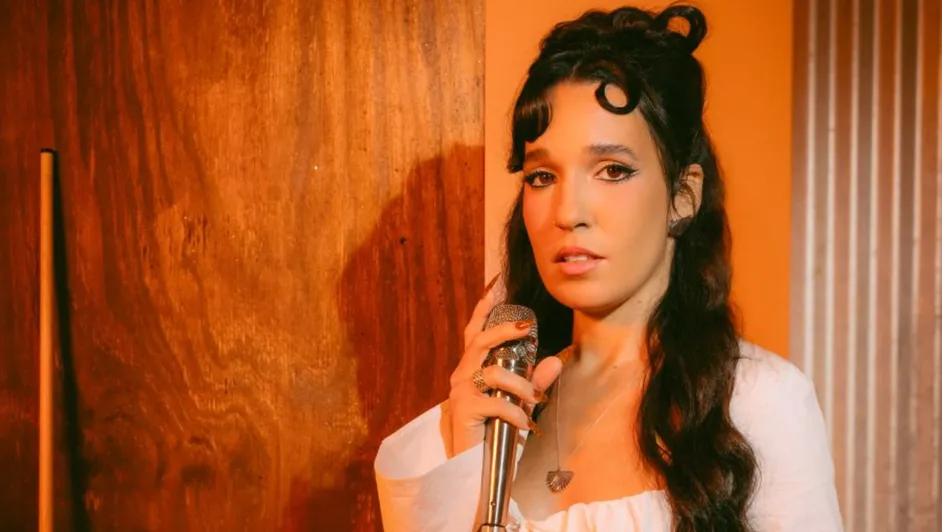There’s quite a story about the origins of psychedelic cumbia. It’s a trip back in time, to the Amazonian lands of Peru, at the end of the 60s. It was the boiling point of key bands like Los Mirlos and Los Destellos. It became a cultural phenomenon that would soon migrate to Colombia, thanks to Afrosound and the efforts of Discos Fuentes. But its great expansion, this time worldwide, allowing us to discover it, happened many years later thanks to The Roots of Chicha, a 12-track compilation released in 2007.
Behind this album, simply subtitled Psychedelic Cumbias from Peru, was Olivier Conan, a Frenchman living in New York who has always been curious about Latin America. A few years before, he had already founded his label Barbès Records, in honor of his bar in Brooklyn where he began playing this music, and he also put together his band Chicha Libre to recreate it live. It wasn’t a solitary adventure. In the early 2000s, labels like Vampisoul from Spain also joined the rescue of this type of cumbia. In addition, alternative tropical music groups surfed this psychedelic wave with their own styles, such as Bareto from Peru, and Meridian Brothers – including projects like Chúpame El Dedo – from Colombia.
That lower-class music such as chicha and Amazonian cumbia from the late 60s and early 70s was finally revalidated by the most select DJs. Meanwhile, more compilations came out to restore those old jungle sounds: a second part of The Roots of Chicha (2010) and Cumbias Chichadélicas: Peruvian Psychedelic Chicha (2011). The retro wave began to spread. But this isn’t just a tribute to the past: here the spirit of mixing the roots of cumbia with the psychoactive trance sound is renewed.
Sonido Gallo Negro
With a career dating back to 2010, Sonido Gallo Negro is the oldest and most recognized of this new generation of artists. Some of the members of this Mexican big band come from the garage and surf rock scene. The Argentine graphic artist Jorge Alderete also appears in the line-up, playing the theremin and giving his visual imprint. In their sixth album, the brand new Paganismo, the group returns to the roots of psychedelic tropical music to raise a new sound and visual setting, inspired by the daily life experienced during confinement. Earlier, in 2019, they displayed their hypnotic setting during a performance for KEXP.
Candeleros
Made up of three Venezuelans and three Colombians, Candeleros is an immigrant gang based in Madrid. Together they devoted themselves to combining the Afro-Caribbean folklore that they’ve sucked on since they were children with the psychedelic waves of the new century. Since their debut single, 2016’s “Chicha y Wanton”, they’ve shown that their sonic exploration can go from legendary Afrosound to King Gizzard & the Lizard Wizard. Their name refers to fire and, therefore, to passion, the great fuel of their performances: “A kind of psychedelic ritual with rum, percussion, echoing guitars, samplers and drum machines,” in their own words.
Los Bitchos
Of course, we’re going to enlist Los Bitchos here! The London-based all-girl instrumental band we talked about last year has lost a crew member, but not the tricks of mixing Amazonian cumbia with Turkish music, Swedish pop, and Californian punk surf. These four girls with different passports and lineages met at bars and parties, and that spirit became part of their essence. They began by showing off with performances for BBC Radio 6 and KEXP, eventually shaping up to their debut album Let The Festivities Begin, released earlier this year and produced by Franz Ferdinand’s Alex Kapranos.
Abraxas
Carolina Faruolo is one of the two Uruguayans living in London that made up Los Bitchos. Now out of the band, she formed this cosmic duo with Lee Blackwell, who was born in Texas and runs a solo garage rock project in Seattle called Night Beats. Abraxas takes psychedelic cumbia to another galaxy, in a kind of astral crossover with Afro-American blues and soul roots, Os Mutantes’ Tropicália, and Lee “Scratch” Perry’s smoky dub, to dance connected with ancestral spirits. Last month they released their debut album, Monte Carlo, previously sparked by the lysergic single “Sunrise State (Of Mind)”.
Los Cotopla Boyz
Cumbia means – above all things – party and fun. Los Cotopla Boyz, a delirious band ready to give their all in the Bogotá night, understood that very well. This was confirmed in 2020 with their hilarious debut album Mamarrón Vol. I. And this year it’s validated by the remastered re-release of those same songs. Their influences range from Los Mirlos and Los Corraleros de Majagual to Wendy Sulca and Bad Bunny. From that colorful blender, they get this definition for their music: “Millennial cumbia for the end of the world.” They’re shameless enough to celebrate digital culture and dress up as ill-fated Power Rangers.
La Sonora Mazurén
In rhythmic matters, there’s not much mystery: the best cumbia is usually cooked in Colombia. That’s why we have to make way for La Sonora Mazurén, a young Bogotá orchestra that catches fire playing cumbia, chicha, guaracha, and salsa. They started as a rescue group of old musical treasures – a very seventies and danceable Latin American and Afro-Caribbean setlist – to later start writing their songs. It’s no coincidence that “No Hay Necesidad”, the first single from their new album, was produced by Eblis Álvares of the Meridian Brothers and released by The Roots of Chicha label Barbès Records.








